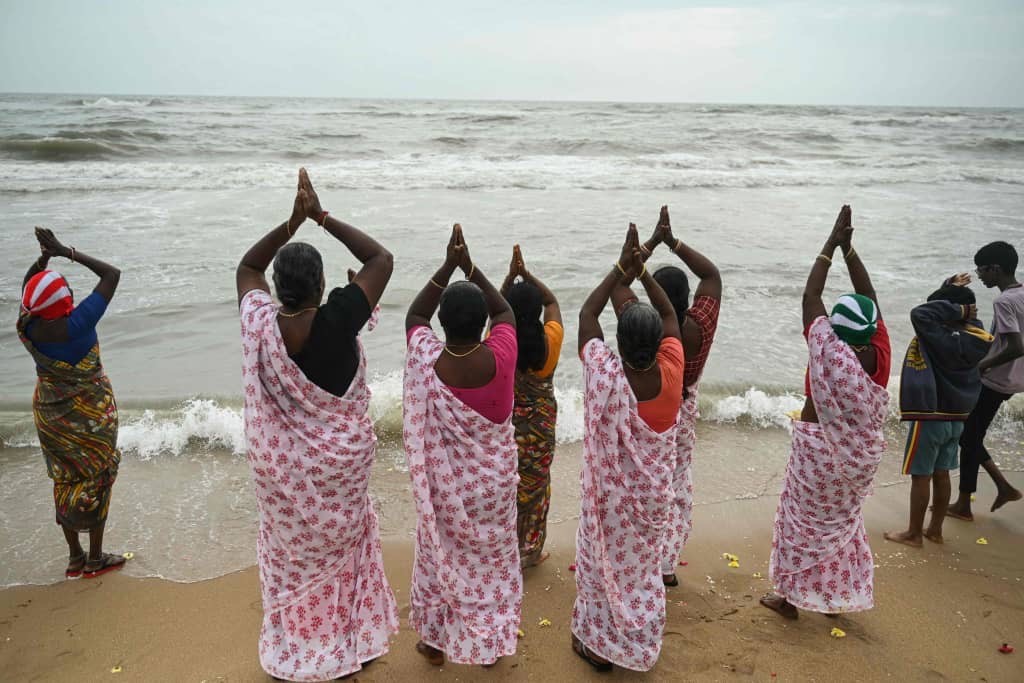HARARE, – Opposition lawmakers planned an anti-government march in downtown Harare yesterday and said they would not seek the state’s permission – setting the stage for possible confrontations with police.
Lovemore Zimuto, a spokesman for the opposition Movement for Democratic Change, said the 41 MDC legislators would march from party headquarters to Parliament to protest the ruling party’s proposed overhaul of the constitution, its handling of the economy and a crackdown on private schools. He said they would not request police authorisation, arguing that legislators marching from their offices to parliament don’t need permission.But Zimbabwe’s sweeping security laws spell out that police permission is required for any political gathering.In the past, police have been swift to use batons and tear gas to break up any gathering of critics of President Robert Mugabe.Mugabe was out of the country yesterday attending a summit of the 13-nation Southern African Development Community.Trade, development, the alleviation of poverty and food security in the face of a drought were on the agenda.Zimbabwe was not on the official agenda, but was the subject of discussions on the sidelines, with regional human rights groups pressing for more democracy in Zimbabwe and elsewhere in the region.The anti-government protest in Harare was planned the same day the Central Statistical Office announced annual inflation had jumped from 164 per cent to 254,8 per cent in July.Moffat Nyoni, the acting director of the office, told state media it was the largest monthly surge on record.Finance Minister Herbert Murerwa told Parliament on Wednesday that while the economic turnaround was not as fast has he had forecast, he still expected economic growth of 2 per cent and that inflation could be reduced to 50 per cent by year’s end and to below 10 per cent by the end of 2006.He also announced new revenue measures including an increase in value added tax from 15 to 17,5 per cent.He also said it would now be applied to a wide range of previously exempt basic foodstuffs.Economist John Robertson said the latest inflation figures showed “the government is now the victim of its own policies – the only word that comes to mind is state vandalism.”- Nampa-APHe said they would not request police authorisation, arguing that legislators marching from their offices to parliament don’t need permission.But Zimbabwe’s sweeping security laws spell out that police permission is required for any political gathering.In the past, police have been swift to use batons and tear gas to break up any gathering of critics of President Robert Mugabe.Mugabe was out of the country yesterday attending a summit of the 13-nation Southern African Development Community.Trade, development, the alleviation of poverty and food security in the face of a drought were on the agenda.Zimbabwe was not on the official agenda, but was the subject of discussions on the sidelines, with regional human rights groups pressing for more democracy in Zimbabwe and elsewhere in the region.The anti-government protest in Harare was planned the same day the Central Statistical Office announced annual inflation had jumped from 164 per cent to 254,8 per cent in July.Moffat Nyoni, the acting director of the office, told state media it was the largest monthly surge on record.Finance Minister Herbert Murerwa told Parliament on Wednesday that while the economic turnaround was not as fast has he had forecast, he still expected economic growth of 2 per cent and that inflation could be reduced to 50 per cent by year’s end and to below 10 per cent by the end of 2006.He also announced new revenue measures including an increase in value added tax from 15 to 17,5 per cent.He also said it would now be applied to a wide range of previously exempt basic foodstuffs.Economist John Robertson said the latest inflation figures showed “the government is now the victim of its own policies – the only word that comes to mind is state vandalism.”- Nampa-AP
Stay informed with The Namibian – your source for credible journalism. Get in-depth reporting and opinions for
only N$85 a month. Invest in journalism, invest in democracy –
Subscribe Now!







